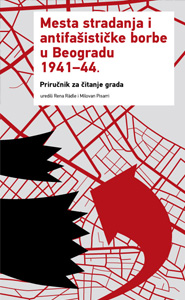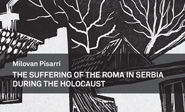author: Tamara Banjeglav
published in: Politicka misao, Vol 49. No 5, 2012
Summary
This article analyses commemorations and commemorative practices relating to certain events from the 1991-1995 conflict in Croatia (Domovinski rat, or Homeland War) and their relation to the official narratives of the past. It begins with a theoretical framework about war commemorations introduced by Ashplant, Dawson and Roper (2000) and continues with an overview and analysis of the dominant, official narrative of the Homeland War, which organizes war memory and forms the framework of official commemorative practices. The hypothesis of the paper is that the official, state narrative on the 1990s war is being deconstructed and contested by oppositional, sectional narratives, which can be discerned from unofficial, counter-commemorations and celebrations of war events. The article, thus, looks at what role these ‘counter’(oppositional) commemorative events, which do not follow the dominant pattern, play in the (de)construction of the official narrative about the Homeland War. Moreover, the paper is interested in the ways in which the official commemorative practices are interwoven with Croatian-Serbian bilateral relations and relations with the ICTY, and argues that these practices do not contribute to, but rather obstruct, reconciliation.


